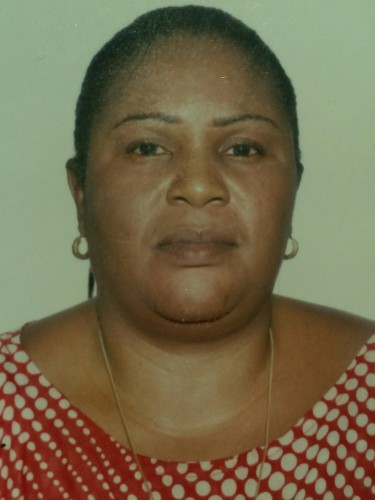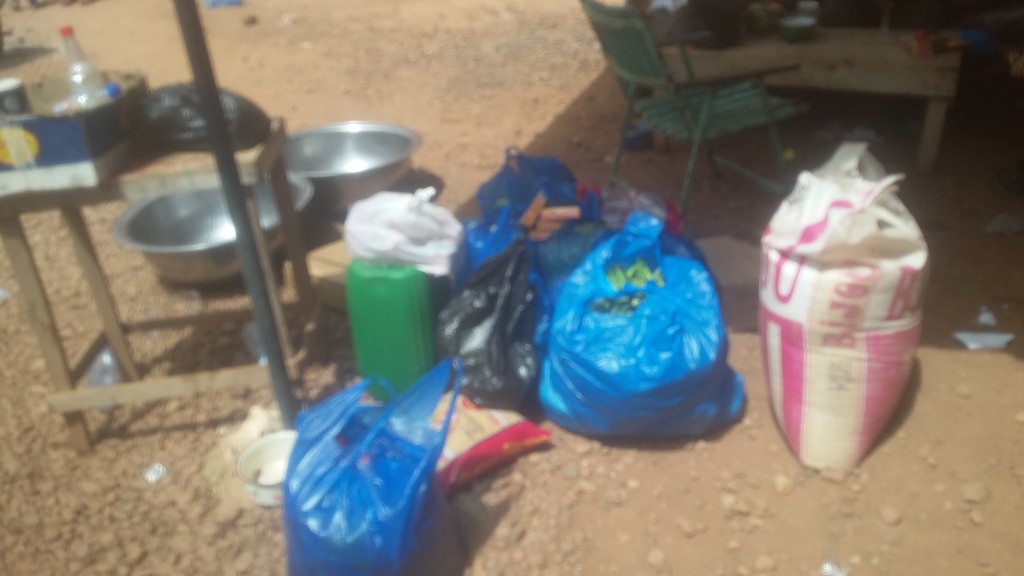Khadi OUEDRAOGO SY, BURKINA FASO
“Equality between men and women is a utopia if you have no means. This is the case for most women in detention since a majority of them have no income or are dependent on their spouses”

Khadi Ouedraogo SY from Burkina Faso
About Khadi
Ms. Khadi Ouedraogo Sy holds a Bachelor’s in Business Law and is currently the Executive Director of “La Société de Recouvrement de Créances” in Ouagadougou and the Deputy Director of a construction and public works company. Having been arbitrarily detained herself and having witnessed the deplorable sanitary conditions in the House of Corrections of Ouagadougou, Khadi became dedicated to humanizing prison conditions by improving toilet facilities, food quality, and access to healthcare services.
The Challenge
In Burkina Faso, poverty and lack of proper legal representation are inextricably linked. The majority of incarcerated women cannot afford legal representation. The combination of prison facilities operating at overcapacity and lack of investment leads to deplorable detention conditions and an endless struggle for food and access to healthcare services.
The Innovation: Women and African Prisons
Khadi’s project, “Women and African Prisons,” sought to modernize Burkina Faso prisons and improve the living conditions for incarcerated women. Specifically, the project aimed to improve sanitary conditions through the construction of decent toilets and showers, to establish a nursery and daycare center for children of incarcerated mothers, as well as to improve access to food and medicine for detainees.
While the project ran into financial and administrative difficulties hindering its full implementation, strong partnerships established with medical clinics, including La Clinique Frany, and institutions such as the Ministry of Justice and Human Rights of Burkina Faso and the Nancy Bar Association will allow Khadi’s work to continue. The project succeeded in providing legal aid to detainees through a network of volunteer lawyers and in improving access to food for incarcerated women.
